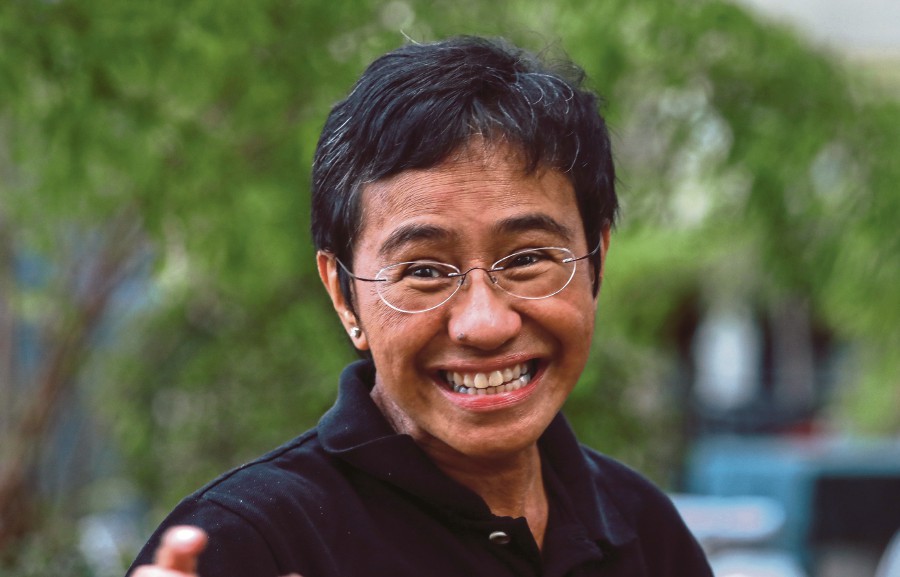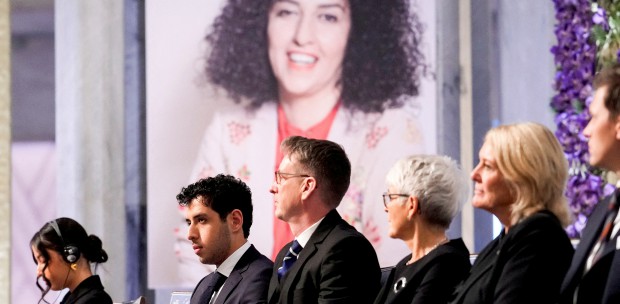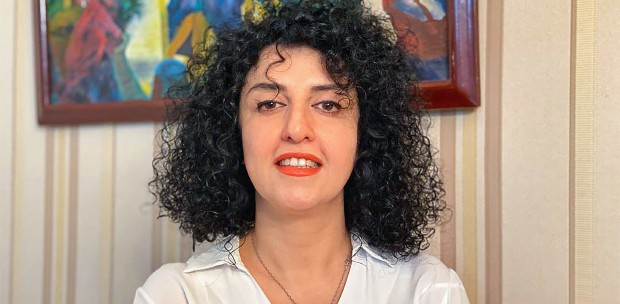I find myself with mixed feelings about Maria Ressa from the Philippines being one of the two awarded the Nobel Peace Prize this year.
To be sure, Ressa and her online news portal Rappler have bravely stood up to President Rodrigo Duterte since the latter's election in 2016, particularly over the bloody war Duterte had promised to wage (and delivered) against the country's illegal drugs trade.
True to form, Duterte and his underlings have not been averse to employing the might of state power against anyone who dared question his actions.
While Ressa has had some run-ins with the Philippine government (over her Filipino-American status and the fact that Rappler's investors were initially American, among others), which are obviously intimidation tactics, a Philippine senator, Leila de Lima, who was audacious enough to use her Senate perch to similarly question Duterte's actions, has been summarily thrown in jail for almost the duration of Duterte's term thus far.
And if the Nobel Committee in Oslo picked this year's theme as how professional journalism — undoubtedly a vital pillar for the proper functioning of democracy — is often among the riskiest jobs wherever and whenever autocrats sit in power, nothing exemplifies that better this year than the way Hong Kong's powers-that-be — utilising the draconian national anti-subversion law Beijing imposed on the city — closed down the city's Apple Daily and jailed its owner, Jimmy Lai.
Duterte has been known to rail against what he sees as a rather hypocritical double standard, wherein Western moral crusaders hold him and other developing-country autocrats (even duly elected and still popular ones like himself) to.
In that he may actually find an echo chamber populated by left-leaning activist types who have long raged about why the likes of former United States president, George W. Bush and former British prime minister, Tony Blair, have not been held to account for alleged Iraq war crimes.
Duterte may have a point but is unlikely to cause sleepless nights in the corridors of Western power. His Chinese counterpart, Xi Jinping, however, might.
Norway, home of the Nobel Committee, was put in the doghouse by China when the committee saw fit to award its 2010 peace prize to imprisoned Chinese dissident Liu Xiaobo. Could that be one reason why Jimmy Lai is not among the deserving peace laureates this year?
As China's global sway grows, the discomfiture felt by Western-led moral crusaders will likely grow in tandem. Most especially when Xi now shows in no uncertain terms that he brooks no political criticism from within and without China, Hong Kong included.
All this may mean little to the likes of Duterte. As his presidency draws to a close in mid-2022, he faces the prospect of being hauled up by the International Criminal Court for the conduct of his anti-drugs war.
That will be just desserts, especially for those he tormented domestically. But, nobody will come out of this looking really good. Not the Nobel Committee, which might have thought it will be, if Ressa gets the halo the peace prize supposedly confers. Even The Economist magazine felt the committee could have been bolder.
Not the Philippines, which may just prove once again that its deeply-entrenched social fractures are just impervious to change for the better, via the liberal-democratic or autocratic way.
Not even for what passes as the "international system" we now have, if China's inexorable and unabashedly autocratic rise only makes more obvious that such a system sets rules which exempt powerful nations but which lesser ones must abide.
This hugely imperfect world may still need a global cop but China's insistence on being rich and remaining autocratic (and getting away with it) will increasingly make any international moral crusade-turned-charade risible.
It helps if the West sees fit to redeem itself and accepts that it actually lost its collective moral innocence before it got rich and powerful, the same way China does today.
Insisting other nations be morally pure ironically condemns them to near-perpetual servitude. Such dishonesty must go.






